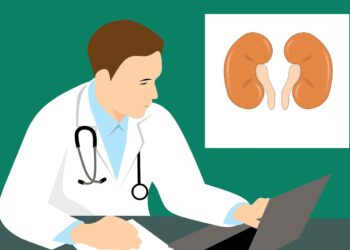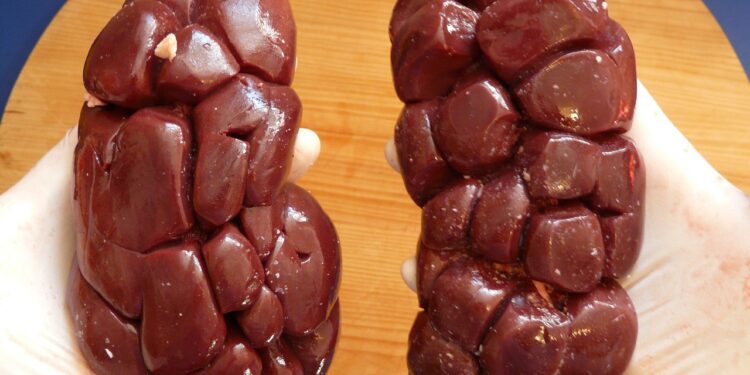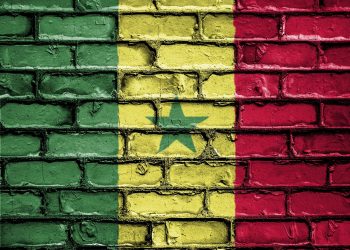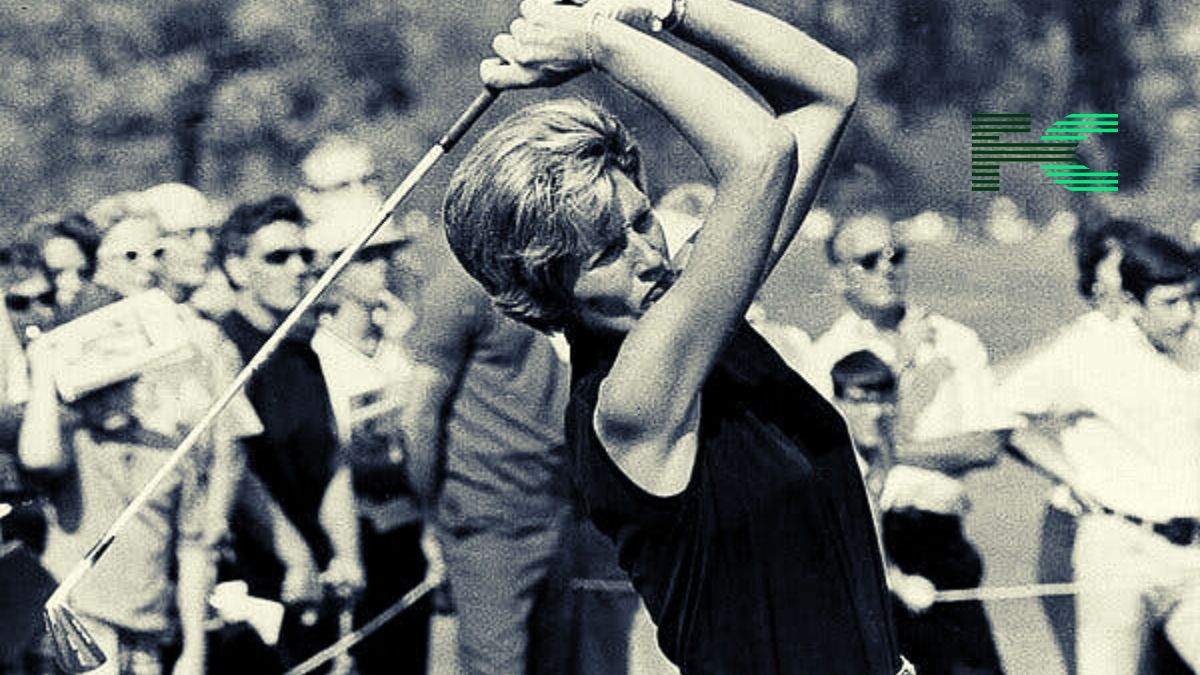Kidney stones are hard deposits in the kidney made from undissolved minerals in the urine like calcium and oxalate. You may wonder why these minerals are in the body or why they just can’t leave the body. These minerals can remain in the body for a variety of reasons. One of the reasons is when you don’t drink enough water to dissolve these minerals.
Most times, we consume foods that contain these stone-forming substances like calcium and oxalate. Not only that, but food containing protein increases the acid in the urine, which eventually causes kidney stones. Foods like chocolate and spinach contains oxalate the stone-forming substance. Overtime, these liquid minerals come together and solidify, causing these hard deposits called kidney stones. Let’s discuss how this condition is diagnosed, its treatment, and how to prevent it.

Diagnosis of Kidney Stones
There are some signs that kidney stones show at the initial stage like blood in the urine, or pain while urinating. The doctor will ask you if you’ve noticed some of these symptoms and how much these symptoms hurt.
Next, the doctor will order a blood test to check if there are high levels of substances like calcium or uric acid in your blood. You’ll also need to provide a urine sample which will detect crystals, blood, or signs of infection. This urine sample test will allow the doctor to figure out what type of stone you might have (calcium oxalate stones, uric acid stones, struvite stones, or cystine stones) and how to treat it.
Furthermore, even though these tests provide results that will help in diagnosing the condition you have, you’ll still be asked to do some imaging tests like x-ray or CT scan. This test will give the doctor detailed pictures of your abdomen, your kidney, and the possible stones. After reviewing your test results, the doctor will talk to you about the type and size of the stones, and how best to treat them.
Treatment of Kidney Stones
Pain management: Kidney stones cause a lot of pain which is normal. Because of how excruciating the pain is, the doctor would like to focus on pain management first. Depending on how bad the pain is, the doctor might suggest an over-the-counter medication like ibuprofen or a better one.
Medications: Medications come in when kidney stones have been detected during the diagnosis stage. This medication is used when the stones are hard to pass on their own or if you have a particular type of kidney stone.
In a case where the stone is stuck in the ureter, alpha blockers are used to relax the muscles in the ureter making it easier for the stone to pass. While stones made of specific materials like uric acid are dissolved using a certain prescription from the doctor.
Shock Wave Lithotripsy: This is used specifically for stones that are too big to pass on their own. During this procedure, you’ll be placed in a lithotripter which will send shock waves to break the stone into smaller pieces. These smaller pieces can then pass through your urinary tract more easily. It’s non-invasive, which means no cuts or incisions are needed.
Surgery: Surgery is needed when the larger stone causes severe symptoms, or if the other treatment options didn’t work. Stones in the ureter or bladder are removed using a ureteroscope. This thin tube is inserted through the urethra and bladder to either remove the stone or break it up using a laser.
While percutaneous nephrolithotomy is a procedure that involves making a small cut in the back to remove the kidney stone directly from the kidney.
Home Remedies: Sometimes, the issue of kidney stones can be mild too where the stones are either small or you’re just experiencing mild symptoms like pain when you urinate. The first home remedy you can try is taking enough water to flush out the small stones in the kidney. You can try taking 8 – 10 cups of water a day.
Secondly, you can use pain relievers that are sold over the counter in the pharmacy. You can also try cutting out on food that contains oxalate, calcium, and excessive salt. In addition, some people use lemon juice and apple cider vinegar to help dissolve stones or reduce pain, though there’s not a lot of scientific proof that they’re effective.
How Do You Prevent Kidney Stones From Forming?
Preventing kidney stones is basically practicing the home remedies tips mentioned earlier.
- You have to stay hydrated, sticking to at least 8 glasses of water a day.
- Cut down on food that contains substances like salt, calcium, and oxalate.
- Have a balanced diet which in turn will help you manage your body weight. Being overweight can affect the balance of the chemicals in the urine.
- Sometimes, the doctor can prescribe a medication that can help prevent kidney stones formation. That is if your family has a long history of kidney stones or any other medical conditions that can give rise to it.
Bottom Line
Kidney stones are hard deposits in the kidney made from undissolved minerals in the urine like calcium and oxalate, which can lead to serious health issues. The good news is, you can do things to avoid them like drinking plenty of water, eating a balanced diet etc

















